Together we can build an indigenous school in service to preserving the Amazon and its wisdoms for generations to come
Preserve Indigenous Culture – Preserve the Amazon
Many indigenous peoples like the Yawanawá, have suffered hundreds of years of colonization, threatening the survival of their language, culture, and ancestral wisdom, which have been passed down orally through millenia. In the Yawanawá, a generation gap exists, where the youth no longer speak their ancestral tongue, thus cutting their connection to their cultural heritage and spiritual lineage. It is with great urgency that we move to preserve a knowledge, a way of life, which is so critical to the future of human existence on this Earth.
A Dream
In 1983, the Yawanawá became the first tribe in the Amazonian region of Acre to legally demarcate their indigenous territory, expelling the missionaries and other invaders from their lands.
Since this time of independence, the great Chief Tuîkuru Raimundo Luis Yawanawá dreamt of creating a School of Traditions where Yawanawá youth could reconnect with their ancestral language, and carry on the values, culture, spiritual lineage, and wisdom of their people.
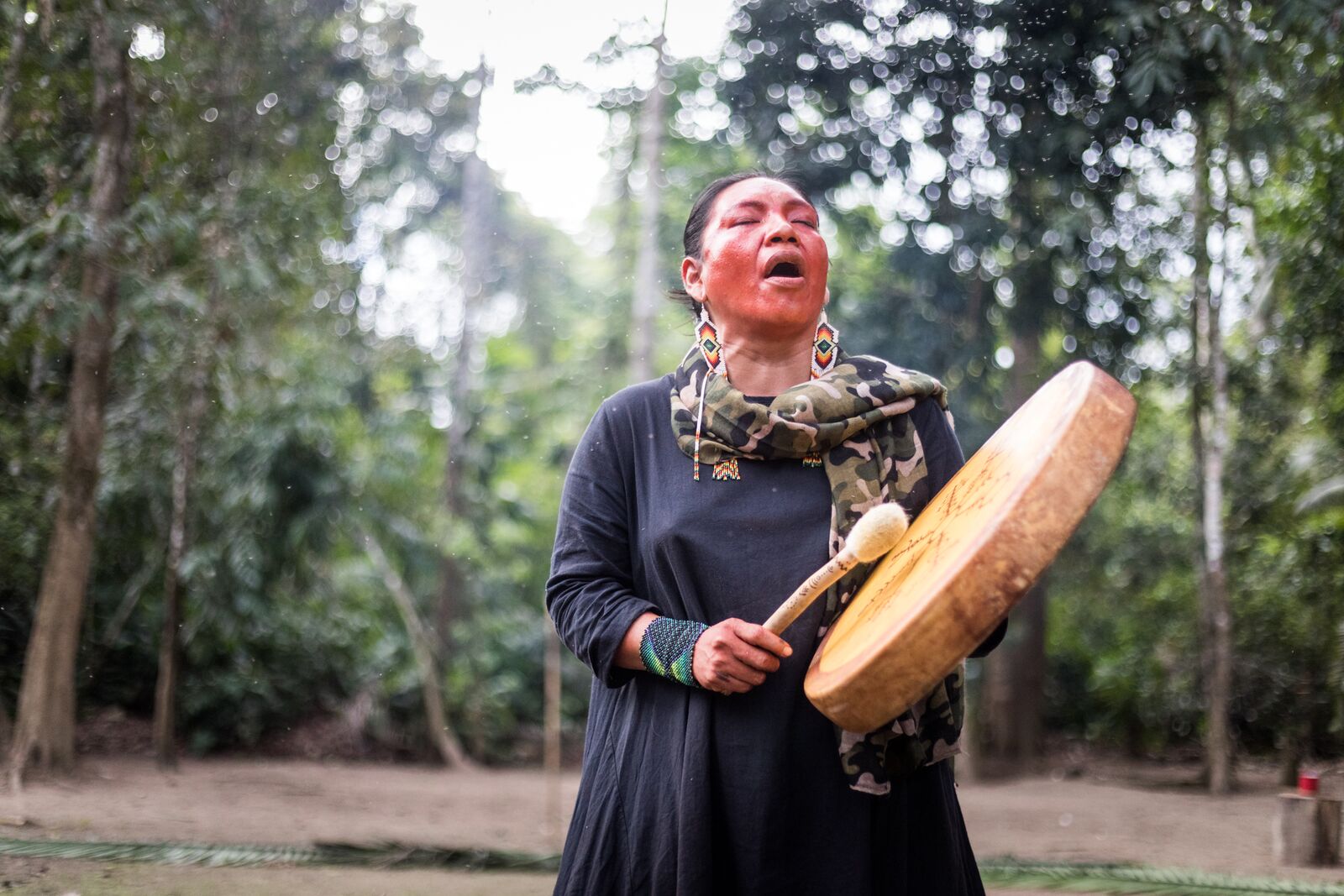
“My father thought of this school with the intention of our wisdom remaining within our people. The Yawanawá wisdom is passed down orally. There is no document. It is not registered in a book. Very few Yawanawa were able to leave a registration before passing away. He would see the school as the only way to unite, because everything is a teaching, everything is an understanding, and everything needs to be passed down. Today for example, when we work with the plant baths, and when we give the clay baths, is not in any way. There is a significance, there is a spirit, there is a knowing, there is a care, there is a respect with nature, there is a respect with that clay, there is a respect with the people.”
– Kenemeni Yawanawa, Director of School of Traditions
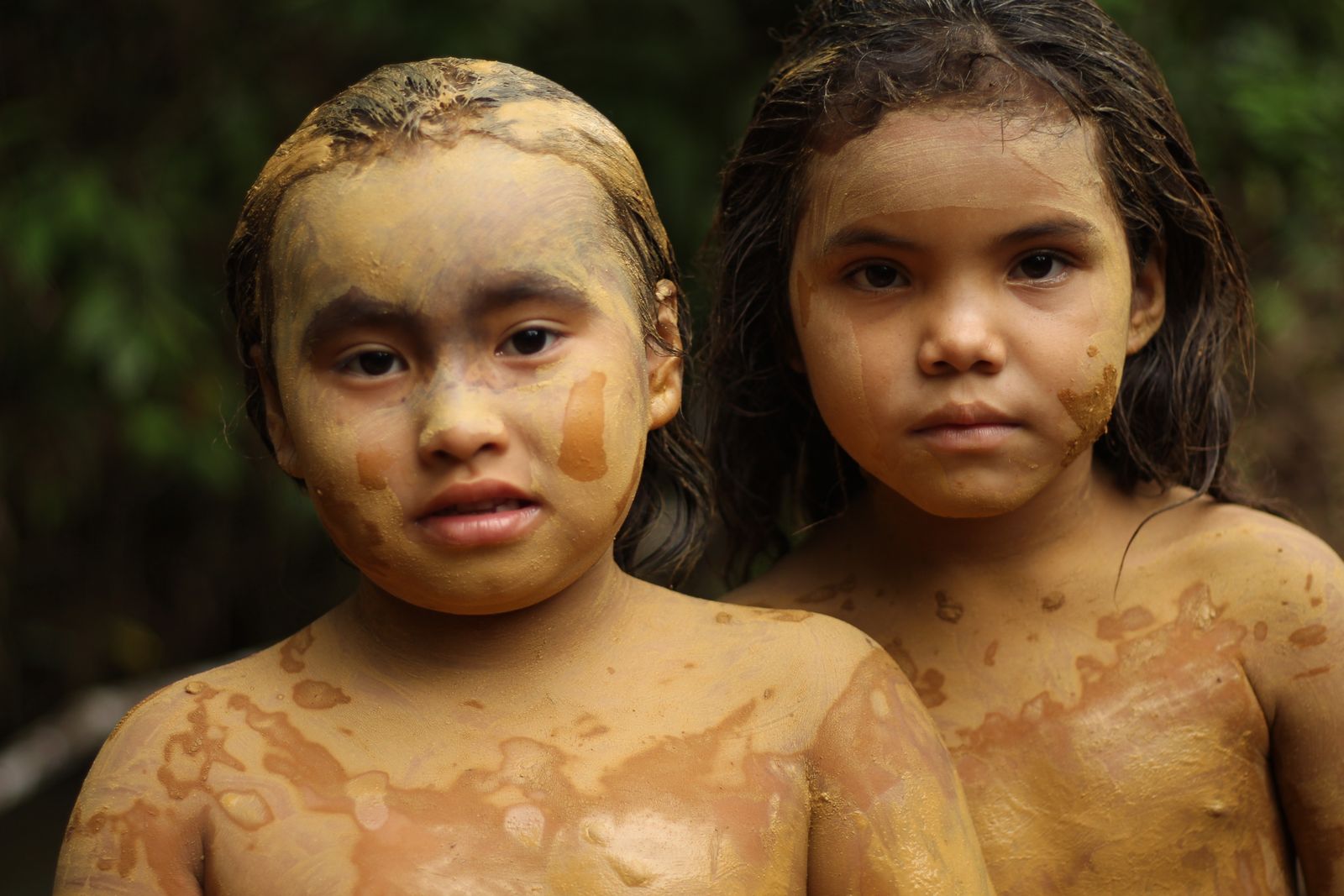
What is the School of Traditions?
The School of Traditions is an indigenous school in the Yawanawá lands of the Amazon of Acre, Brazil. The school will provide a space where Elders can teach Yawanawá youth their native language, traditional legends, ancestral spiritual practices, sacred plant knowledge, and most importantly – how to grow up protecting and tending to the rainforest.
The school will supply food, lodging and school materials to over 100 children from all Yawanawá villages, as well as students from other cities and countries.
Curriculum
Yawanawá Language
Reading, writing, and recording ancestral knowledge with the Yawanawá perspective
Environmental Education
Regenerative harvesting, sustainable fishing & hunting, caring for indigenous territory and protecting against deforestation
Geography of Indigenous Lands
Getting to know the territories, rivers, and boundaries
Yawanawa Mathematics
How the ancestors made calculations
Mythology & Stories of Creation
Educating the youth to care for themselves and others through traditional values
History
The Yawanawá people and the world
Plant wisdom
Healing with native plants
Ritual Rites
Traditional ceremony, prayers, and spirits of the forest
Traditional face & body painting
Bamboo, straw and feather headdress workshops
Straw and vine stalk weaving: traditional fans and baskets
Portuguese Language
Biology, and so much more!
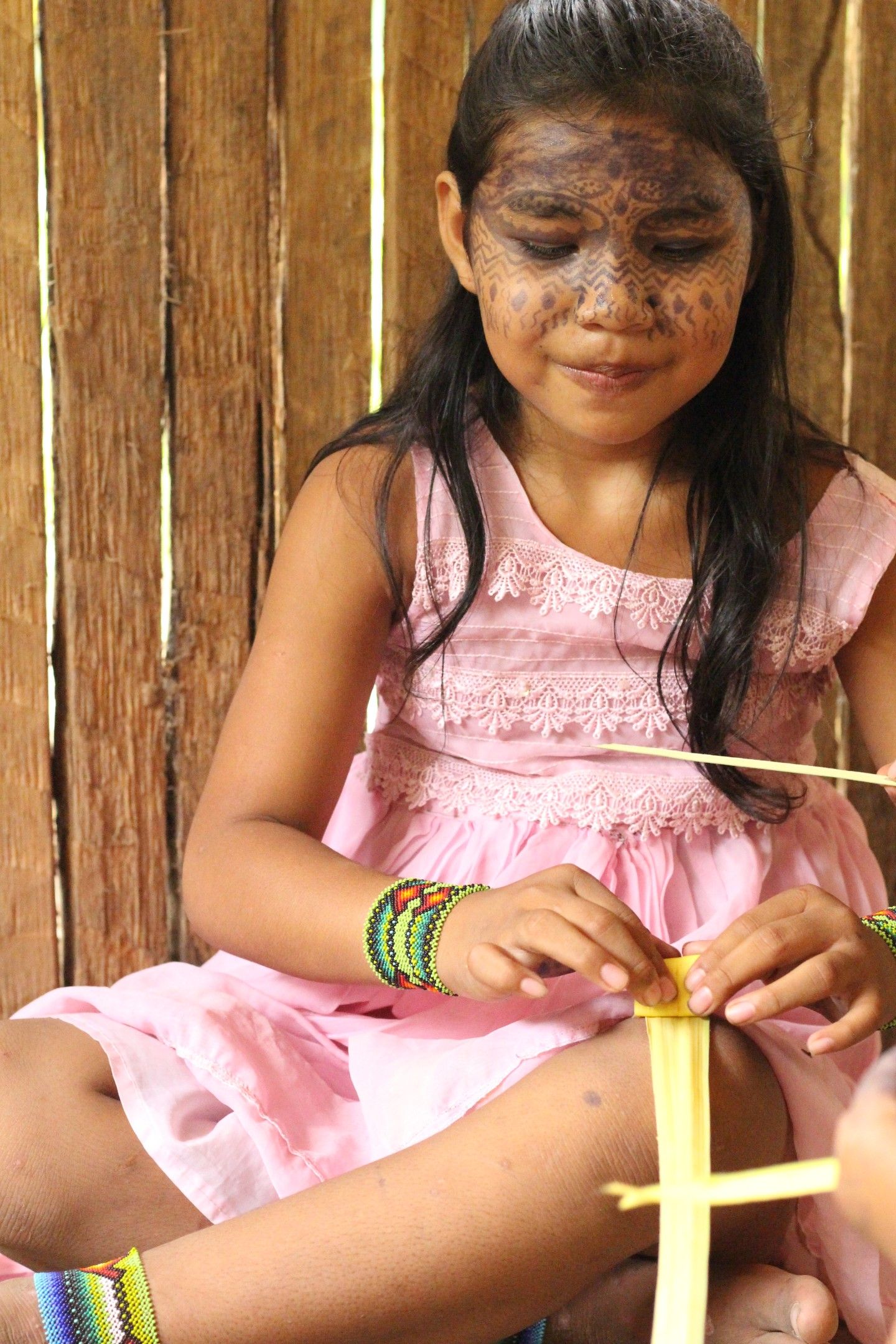
“…and we hope to receive students from other countries, from other schools, from other peoples to promote cross-cultural exchange.”
– Kenemeni Yawanawá
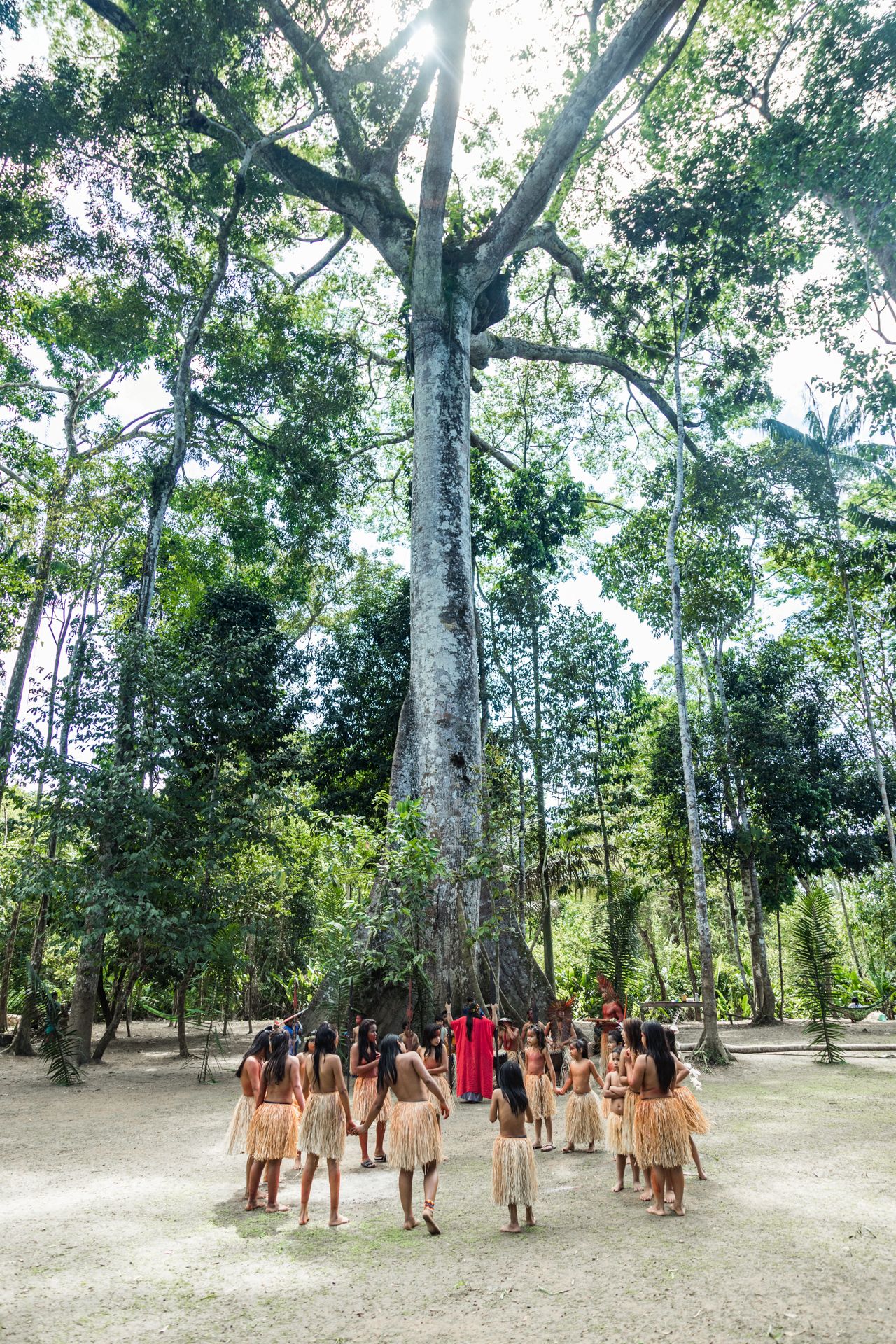
why is this urgent?
In 2016, the United Nations General Assembly adopted a resolution (A/RES/71/178) proclaiming 2019 as the International Year of Indigenous Languages, which aims to raise awareness of the consequences of the endangerment of Indigenous Languages across the world.
Internationally recognized as a crisis for humanity, this dream is not just for the Yawanawa people, but a matter of global interest. Indigenous language preservation has been recognized as a strategic resource for good governance, peace building, reconciliation, sustainability and most importantly, a critical key of successful forest preservation and biodiversity.
With each passing elder, we lose an entire library of plant knowledge that cannot be found in books.
This school is a call to action – Indigenous wisdom is at risk of disappearing within our generation.
Most of the remaining conserved land in the Brazilian Amazon is indigenous land. If children in the Amazon grow up without learning their ancient traditions, the very same people who are meant to protect the forest will grow up aiding to its destruction.
“It’s only through education that we can ensure the youth won’t deforest, won’t pollute the rivers, won’t throw trash around. It’s only through education that we can ensure they develop the consciousness of an indigenous person.”
– Kenemeni Yawanawá
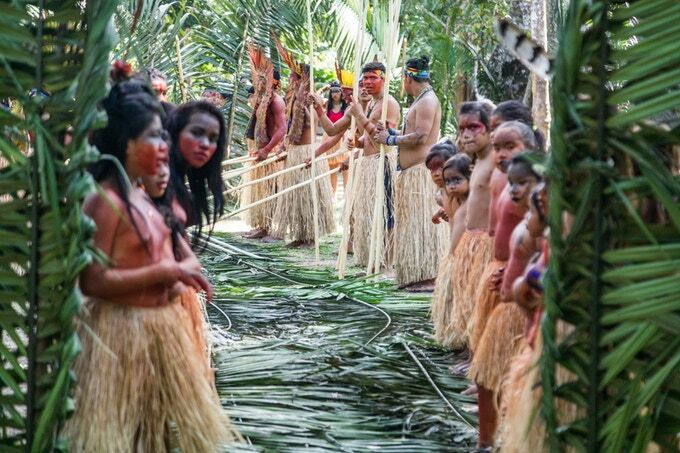
Who are the Yawanawá?
Yawanawá means “people of the boar”.
The Yawanawá have lived on the same lands along River Gregorio of Acre, Brazil, as far back as their history goes. They still walk the same paths, and swim in the same rivers as their ancient ancestors.
Their story is one of resilience.
Through colonization, rubber tapper invasions, and two major missionary occupations – the Yawanawá culture was almost wiped out. During the missionary occupations, the Yawanawá people were not allowed to speak their language, practice their rituals, or even name their children Yawanawá names.
Now, they stand at a turning point.
Since kicking out the missionaries in the 80’s the Yawanawá have been passionately working to keep their culture alive, but many of their Elders are passing before their wisdom is passed down.
The youth are growing up in an ever merging world of city travels and Facebook accounts, with the Brazilian government stripping away indigenous rights at an alarming rate.
The time has come for us to stand beside our Amazonian brothers and sisters to help preserve the rainforest and its wisdom for generations to come.
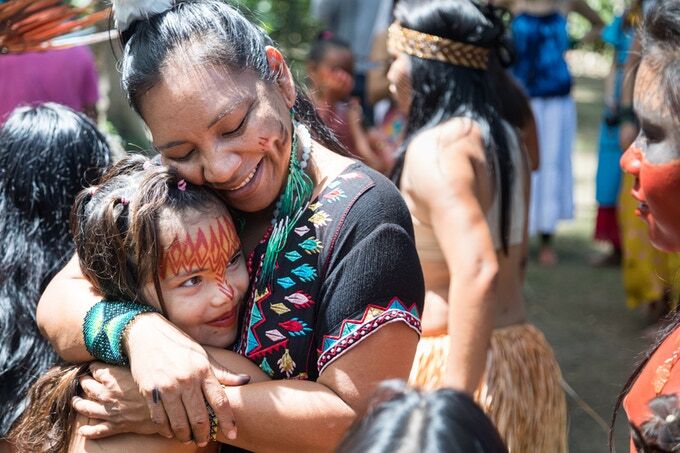
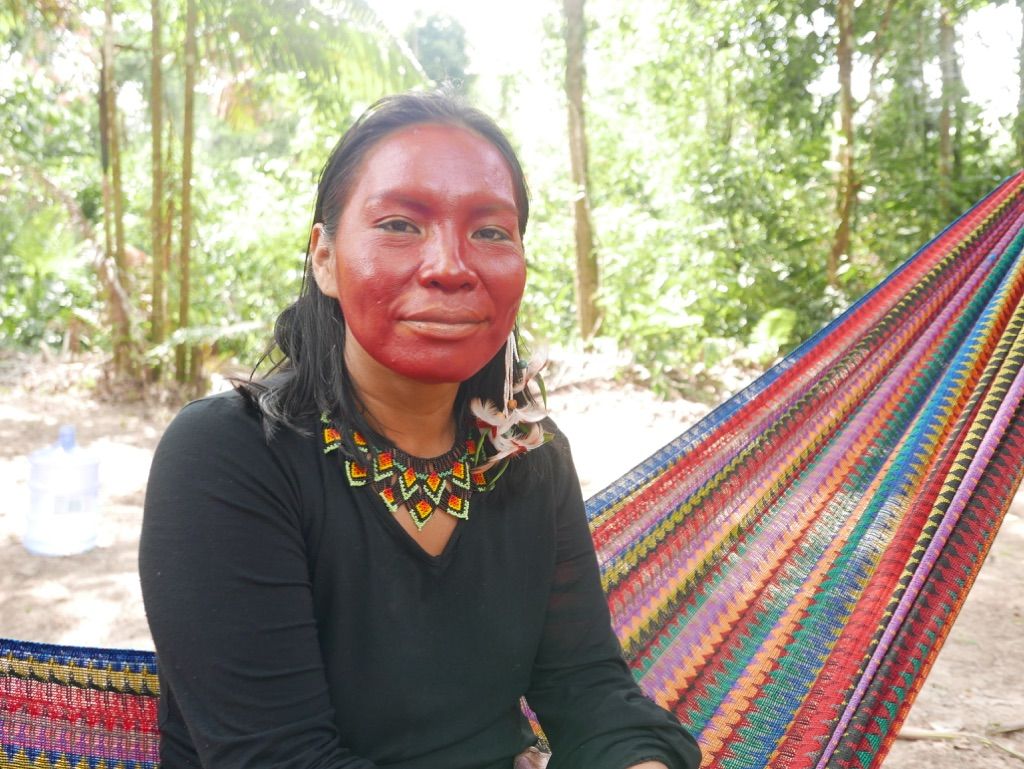
INDIGENOUS LED: MEET KENEMENI
Kenemeni Julia Yawanawá is one of the daughters of the greatest Yawanawá Traditional Leader – Raimundo Luiz (Tuîkuru) Yawanawá. In 1996, she attended several courses on Indigenous Teaching and became the first certified teacher within the Yawanawá people.
Kenemeni has dedicated herself to community work within the village, and is currently responsible for the educational development of Yawanawá schools and is the driving force behind the School of Traditions. She is also the founder of the Yawanawá Women’s Association, and Director of the Rauti Project of the Women’s Cooperative – which uses crafts made by female artisans as a means of funding development projects in the village.
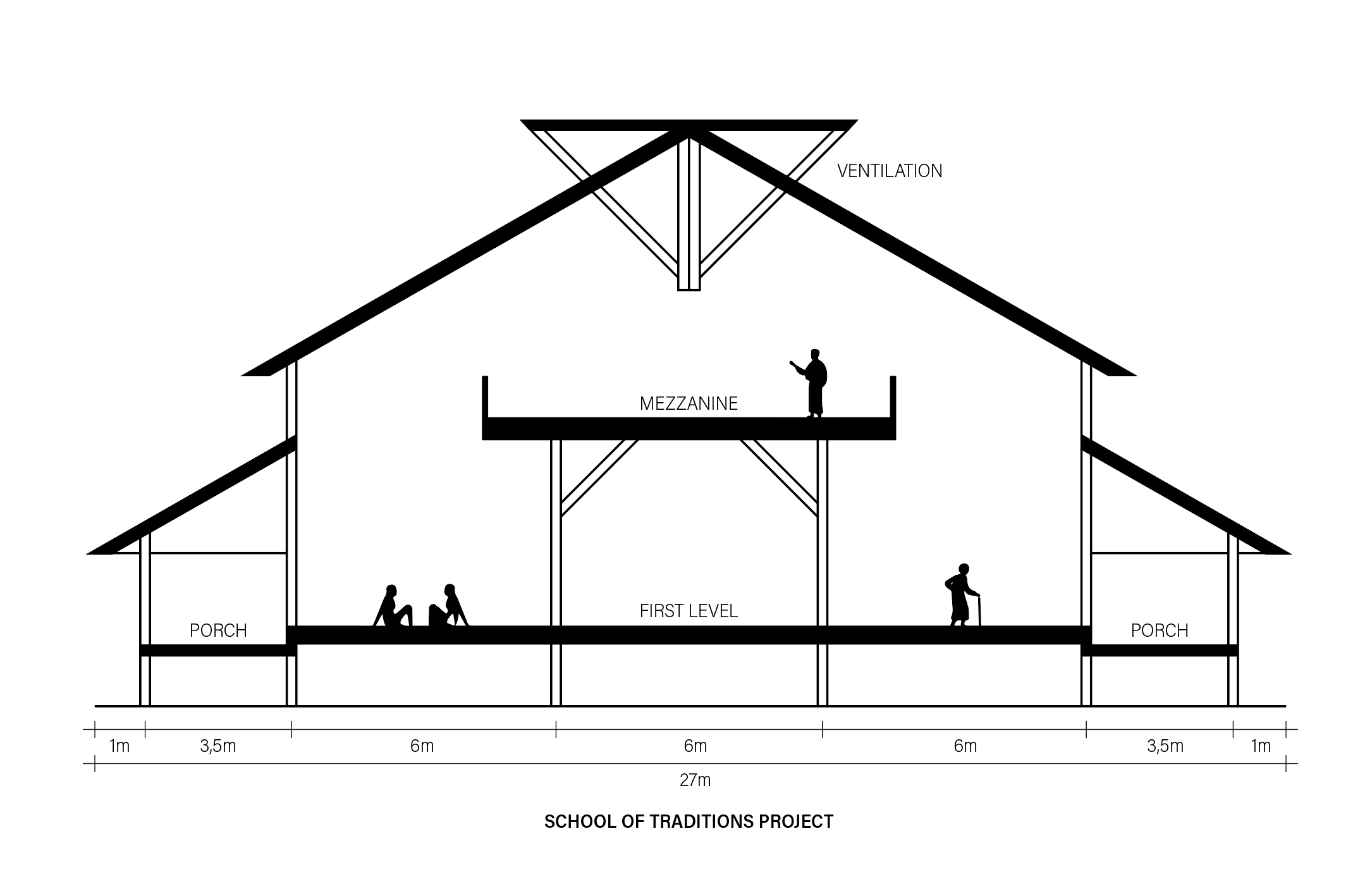
meet the team
THE YAWANAWÁ COUNCIL
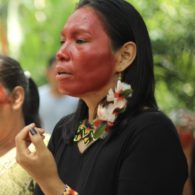
Kenemeni Yawanawá
Director of School of Traditions
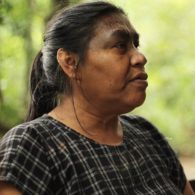
Neiweni Yawanawá
Mutum Village Leader, Sacred Plant Teacher
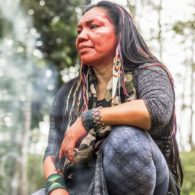
Hushahu Yawanawá
First woman Paje of the Yawanawa, Wisdom Keeper
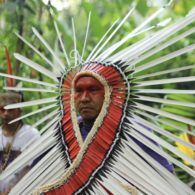
Matsini Yawanawá
Lead Paje of the Yawanawa
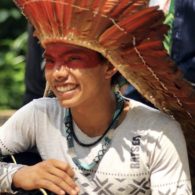
Rasu Yawanawá
Paje, Youth Leader, Wisdom Keeper
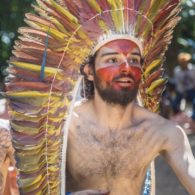
Jordão Souza
Wisdom Keeper, Construction Leader
PRODUCTION & MANAGEMENT
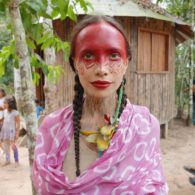
Barbara Woortmann
Campaign & Production Lead
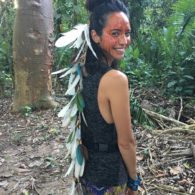
Anne Marie Miller
Indigenous Celebrations Founder, Campaign & Production Partner
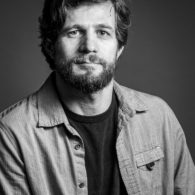
Simon Plestenjak
Campaign Photographer & Videographer
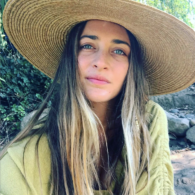
Sara Maria Woody
Content Lead & Ambassador
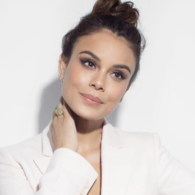
Nat Kelley
Lead Ambassador
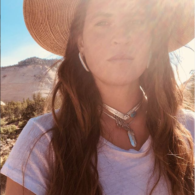
Tamara Edwards
Ambassador & Advisor


